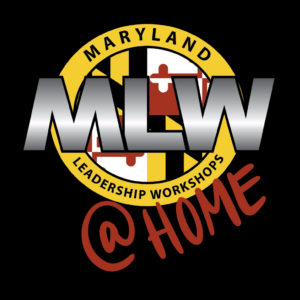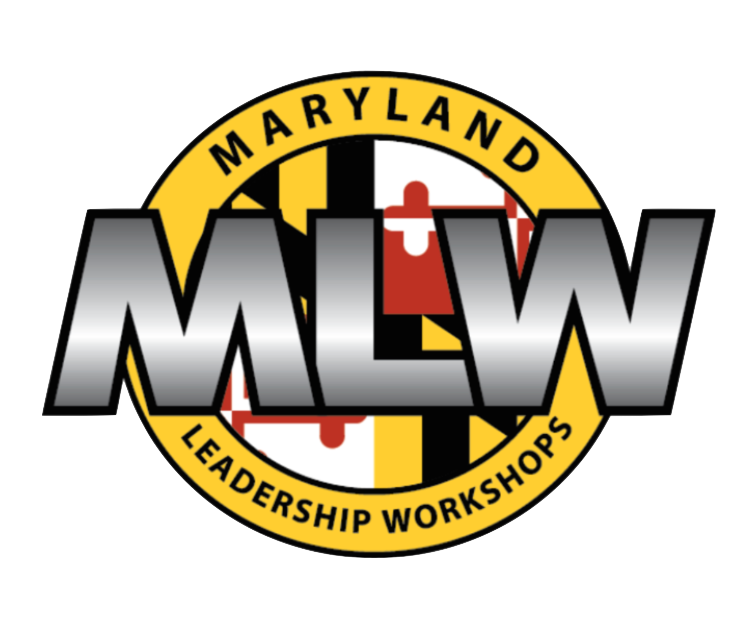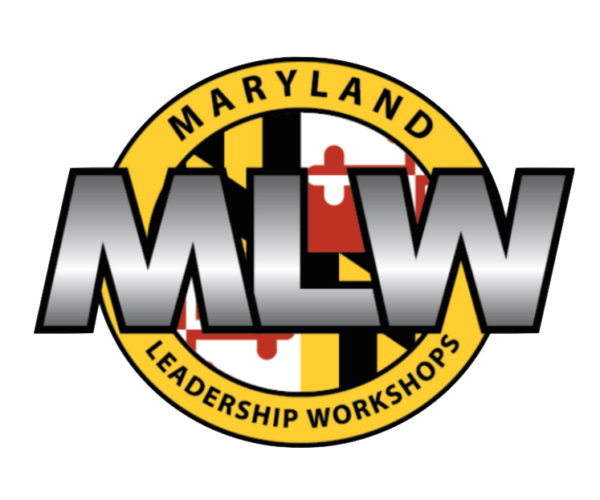 Each year, MLW offers engaging week-long summer programs that provide middle and high school aged students with a true look at leadership—allowing them to discover their potential and cultivate their skills. While past programs have consisted of in-person workshops, team projects, and peer-led group discussions, this year’s layout was completely altered due to the pandemic.
Each year, MLW offers engaging week-long summer programs that provide middle and high school aged students with a true look at leadership—allowing them to discover their potential and cultivate their skills. While past programs have consisted of in-person workshops, team projects, and peer-led group discussions, this year’s layout was completely altered due to the pandemic.
Initially, MLW announced that the 2020 summer programs would be cancelled in order to ensure the health and safety of delegates and staff; however, after seeking the input of the community, it quickly became clear that this opportunity continues to be an integral part of many delegates’ growth as young leaders. The solution? Going completely virtual for a brand new MLW @Home experience. Luckily, MLW’s staff consists of many educators who had prior experience with distance learning and using cyber platforms.
“The majority of our staff and directors are young professionals who are fluent with digital platforms,” said Diane D’Costa, director of MLW @Home, “we navigated the transition relatively seamlessly once we learned our traditional residential programs were no longer an option.”
Shifting to virtual activities allowed MLW @Home to offer the summer program at no cost to delegates for the first time, meaning all interested students could take advantage of this chance to build leadership skills and interact with a diverse group of young leaders from across the state. While the program changes were drastic, a total of 490 delegates participated in the activities.
As for the online platform, MLW staffers had to quickly and collaboratively design interactive, social media-facilitated workshops, discussions, and challenges that directly correlated with what young people are currently experiencing in the world. Topics such as Intersectional Activism, Self-Aware Communication, and Advocacy in the Age of Instagram were introduced and discussed throughout the week.
The MLW team prepared for the new format with a virtual staff engagement process, which included crucial conversations about allyship and self-care, and the opportunity to seek professional advice from former staff. According to Devan Ogburn, director of the staff engagement program, “virtual communication allowed staff to reach aspects of the MLW community that we weren’t able to in the past; alumni were able to be actively involved with programming and assisting younger staff as well.”
Over 30 staffers were able to take part in the Instagram live discussions and engage with online content from the safety of their homes—no matter their location. “It is our hope that we can continue to shape the program to adapt to the ever-changing needs of our staff,” stated Ogburn, “we aim to integrate more virtual engagement into our core staff training.”
In addition to the delegates who attended MLW @Home, 30 rising seniors from Prince George’s County were given the chance to experience the MLW magic, thanks to First Generation College Bound (FGCB)—a program that connects students with resources to navigate the college admissions process. While some of the workshops from MLW @Home overlapped with FGCB, the program also offered a college and career readiness panel—made up of young professionals from the community and college admissions staff— as well as a workshop on professionalism.
The program for FGCB—overseen by Mandi Bhatt, Kara Ritterpusch, and Nick Schmitz—was designed from scratch, in order to be well-received on the online platform, and used accessible tools like Zoom, Thrively, and Kahoot to connect with delegates. According to Ritterpusch, “each day began with an introductory activity to encourage discussion, promote inclusion, and increase student comfort levels; overall, it was a wonderful experience that opened many doors for our students.”
While the MLW summer programs were certainly different in comparison to past years, the virtual approach allowed many delegates to connect with peers and trailblazers in their community—especially during a challenging time that calls for the guidance of resilient leaders.

